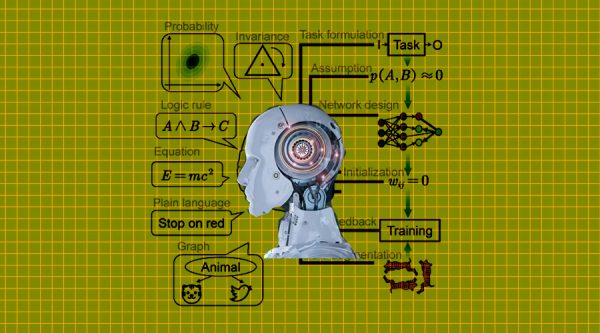Machine Learning algorithms have become extremely potent tools in the quickly changing field of search engine optimization (SEO) to improve website exposure, organic traffic, and overall success of digital marketing. Marketers and SEO experts may predict user behavior, obtain insightful information, and maximize the impact of their efforts by utilizing machine learning. This post will discuss several crucial machine learning algorithms that can greatly improve SEO results and provide digital marketers the edge they need to remain competitive in the online space.
1. Linear Regression for Keyword Analysis: An essential machine learning algorithm, linear regression may be used efficiently for keyword analysis in search engine optimization. Marketers can use linear regression to anticipate the effectiveness of particular keywords and adjust content by examining past keyword data and user search trends. The development of focused, high-converting content that appeals to the target audience is made possible by this proactive strategy.
2. Decision Trees for Content Classification: A crucial component of SEO, decision trees provide a flexible method for classifying material. Marketers can use decision trees to organize and classify information according to a range of factors, including user intent, topic relevancy, and engagement data. With the help of this algorithm, website owners may enhance content discoverability, provide individualized user experiences, and eventually increase organic traffic to their platforms.
3. Clustering Algorithms for User Segmentation: K-means and hierarchical clustering are two examples of clustering algorithms that are essential for user segmentation for search engine optimization. Through the examination of user behavior, preferences, and interaction patterns, marketers can utilize clustering algorithms to discern discrete user categories and customize their search engine optimization tactics to cater to the specific requirements of each segment. User happiness rises, conversion rates rise, and deeper engagement is fostered by this individualized approach.
4. Using Natural Language Processing (NLP) to Optimize Content: One area of machine learning called natural language processing has useful tools for optimizing content for search engines. Marketers may develop content that both satisfies search engine algorithms and human readers by utilizing natural language processing (NLP) algorithms to obtain insights into user intent, semantic relevance, and linguistic nuances. Better search rankings and more user engagement are made possible by NLP-driven content optimization.
5. Recommender Systems for an Improved User Experience: Recommender systems, which use content-based and collaborative filtering fueled by machine learning algorithms, help make websites more user-friendly. Recommender systems allow marketers to enhance user engagement and retention by providing tailored recommendations, carefully selected content, and relevant offers based on an analysis of user behavior, preferences, and past interactions.









